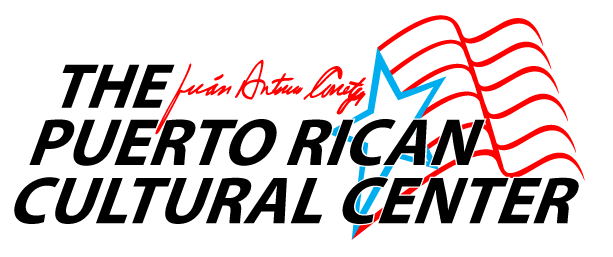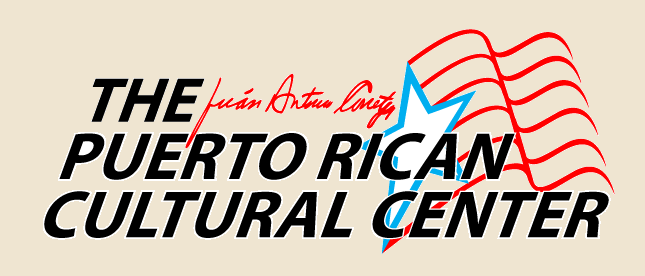
On Saturday, April 25th, at Hostos Community College in the Bronx, NY, Puerto Ricans from New England and Chicago gathered to discuss the status of Puerto Ricans in the United States. Lawyers, activists, scholars each spoke on the United States’ historic and current policies that affect how Puerto Ricans live, work, and politically engage. The conversatorio indirectly asked the audience, given where Puerto Ricans are in the new millennium, what are the struggles that our communities still face; where will we take our political power and possibility given the historic policies that shape where we can live well and work?

Lawyer, former New York Assemblyman and former editor for New York’s El Diario, Nelson Denis presented a summary of his book, War Against All Puerto Ricans. He summarized US policies implemented on their arrival in Puerto Rico such as the devaluing of the Puerto Rican peso (1900) and the Hollander Act (1901) shaped Puerto Ricans’ disempowerment under US intervention and rule. Coupled with the hurricane of 1899, Puerto Ricans’ relationship with capital, over a short period of time, was taken from them. Since then, according to Denis, Puerto Ricans’ situation only grew worse.
Denis connected the details of key figures, such as Colonel Riggs, whose disregard and disrespect for Puerto Ricans’ self-determination had undermined Puerto Ricans’ determination to find avenues of resistance. Over time, when the nationalist power had grown to critical influence in Puerto Rico, Riggs used media to further construct narratives of their brutality against the state. The examples he used show the extent to which US selected leaders wanted nothing more than to repress Puerto Ricans political possibility to be self-determinant. The title of his book was born out of Riggs’ response to Albizu’s efforts to organize sugarcane workers against the repressive and exploitative conditions in which they worked. Riggs said, “Well if Albizu Campos continues organizing sugarcane workers, there will be a war to the death against all Puerto Ricans.” A war, many will argue, continues in current economic policies in Puerto Rico as well as in the continued brutality Puerto Ricans face in prison.
Chicago activists with the National Boricua Human Rights Network used historic footage and personal narrative to engage the audience on how Puerto Rican political prisoners’ struggles. Michelle Morales, involved in the organization since 2002, discussed the history of the Puerto Rican political prisoner campaign. She explains why the sedition sentence Puerto Rican political prisoners has been as weighted by the years they had and Oscar Lopez Rivera still suffers. She integrated how her own sense of self and her more critical understanding of US influence over Puerto Ricans was grounded in the years of mobilization, advocacy and education in which she participated since getting involved with the Network. She pulled from interviews done on prisoners’ family members and supporters to show us how their example sparked dedication in human rights beyond Puerto Ricans. The work has been very personal for her, both in providing a deeper understanding of Puerto Ricans’ resiliency and also in giving her a stronger relationship to Puerto Rican history, politics, and community.

Katia Aviles, an activist from Proyecto ENLACE, talked about the black waters of Cano Martin Pena. Her presentation was as much about educating the audience regarding the harsh conditions in which those living in Cano Martin Pena endure as much as it was about informing us of the ways they are collectively organizing to address it. During her presentation, she showed us Agua Mala, a short documentary which reviews the historical development of communities around Caño Martin Pena and the neglect that shaped harsh living conditions of those residing there. The community living there formed in response to the higher cost of living and development of factory work in the 1950’s. Since then, residents have struggled with living in an area poorly prepared for density and in an area whose pollution has been neglected by city and greater commonwealth government.
Activists, however, are refusing to accept governmental neglect. They are working in resistance to the neglect by working to build a land trust and by organizing environmentalist tours to continue to raise awareness of the environmental abuses people, wild life and fish suffer as a result of the neglect. Puerto Rican activists living and working the area are working in response to governmental neglect by pooling together their assets of time and commitment to address their needs and bring attention to their regions’ plight using their own means.
These presentations, along with discussion by Luis O. Reyes from the Center for Puerto Rican Studies at Hunter College, on Puerto Ricans in the New Millenium, were summarized by respondent Jonathan Rosa, assistant professor at the University of Massachusetts at Amherst, who quoted Juan Flores’ claim that diasporization needs to happen from below- how are we creating and sustain grassroots endeavors to work together to better address our communities’ needs and bring ourselves justice.






